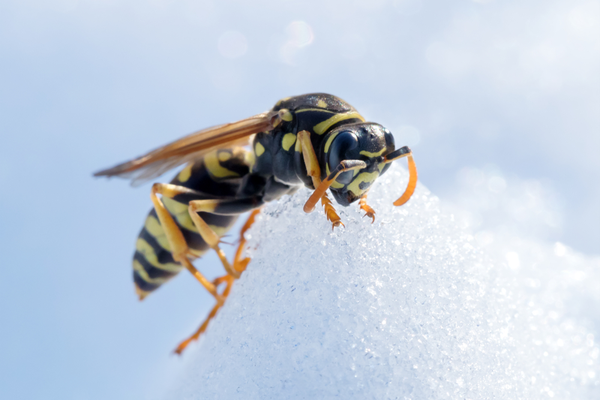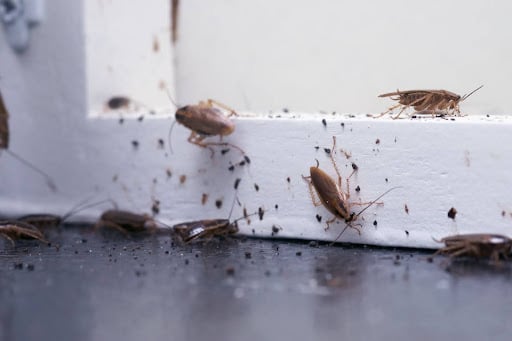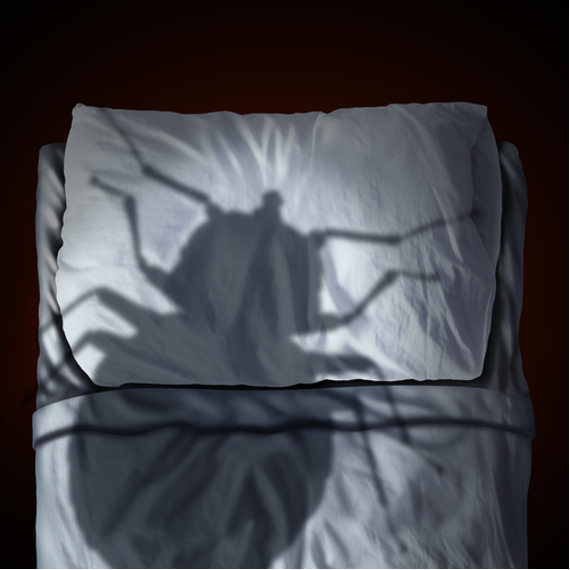Winter can feel magical. White snow on the ground, holiday lights lining the streets, and a reason to bundle up in front of a fireplace. Another reason winter is the most magical time of the year is that buzzing, stinging insects like wasps and hornets are nowhere to be found. So, where exactly do wasps go in the winter? We’ll answer that in this blog, along with a few other buzzing questions about the behavior of wasps during the winter months.
Do Wasps Hibernate?
A common misconception is that once cold weather arrives, stinging insects, like wasps or hornets, build a nest somewhere and hibernate. Instead, most wasps in a colony actually die in the winter. Unlike their cousin, the bee, wasps don’t store food. As a result, most of the colony won’t make it through the winter.
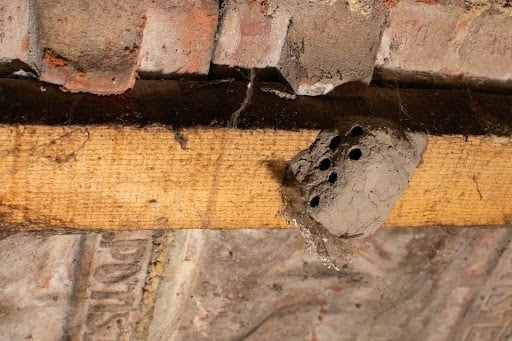
How Do Wasps Survive the Winter?
The surviving members of the colony are typically the queen and females that may potentially become queens. These surviving wasps enter a hibernation-like state, called diapause, which reduces their activity and metabolism. Typically, these queen and female wasps will find a safe and warm place to enter diapause, such as under the soil, tree bark, or even your attic, shed, or basement.
When spring arrives, these surviving wasps emerge from diapause and begin building new nests in dark, sheltered places with easy access to food, like chimneys, vents, or porches. Activity peaks by late summer, when nest populations are at their highest, and workers are busy hunting food to feed new wasps.
How Can I Prevent Wasps?
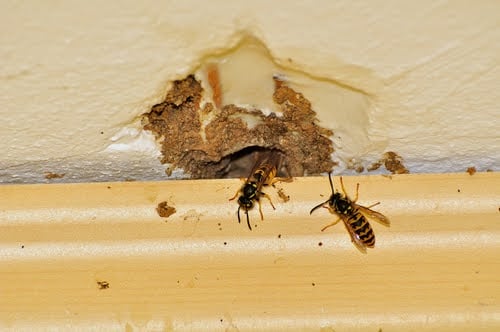
As they say, an ounce of prevention is worth a pound of cure. So, instead of waiting to ask how to get rid of wasps once they arrive in the spring, prepare your yard or property in the winter. As mentioned earlier, wasps build their nests in dark, sheltered, and warm places with easy access to food. We recommend the following to keep your home’s wasp activity to a minimum:
- Secure Your Trash: Wasps will eat just about anything but are especially attracted to meat and soda, as they love protein and sugar. If you’re a seltzer or soda drinker, be sure to rinse out your cans and bottles. Keep all garbage tightly stored in bags, rather than loosely throwing away trash into bins. Regularly cleaning your bins or dumpster to prevent buildup can also help.
- Patch Up Potential Nest Homes: It’s rare to see a wasp nest out in the open. Typically, they’ll build their colonies into existing structures for support. If you’ve seen a wasp nest built into a crack in siding or roofing in the spring, take care of this potential wasp hotspot in the winter.
- Declutter: Clearing out clutter isn’t just great for your peace of mind, it helps eliminate potential areas for wasps to build nests. Logs strewn on your property, overgrown bushes, and anything else that makes a wasp feel at home should be taken care of.
Keep Wasps On Winter Break with Plunkett’s Pest Control
At Plunkett’s, we can help keep your home or business wasp-free during the colder months. For over 100 years, our expert technicians have resolved pest issues quickly and efficiently. Give us a call for a free estimate!

